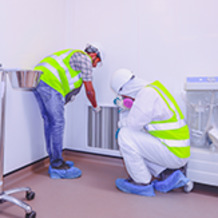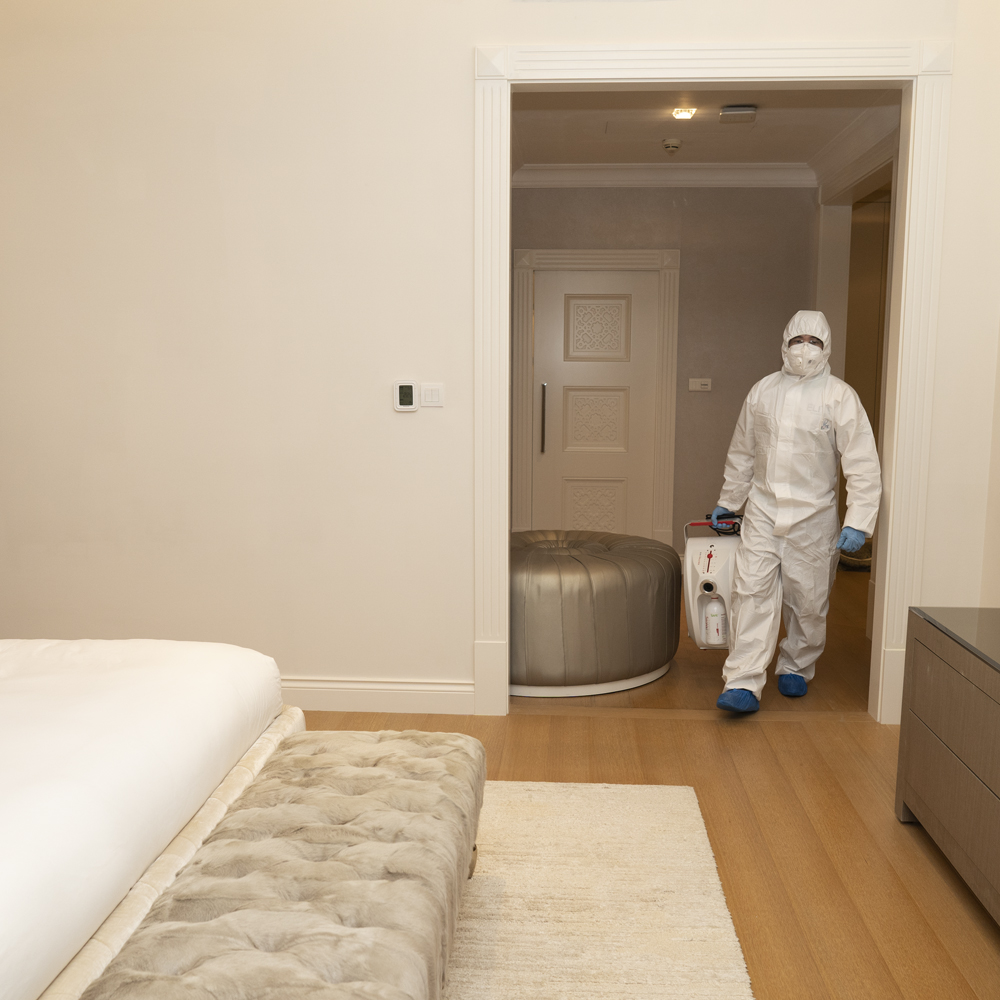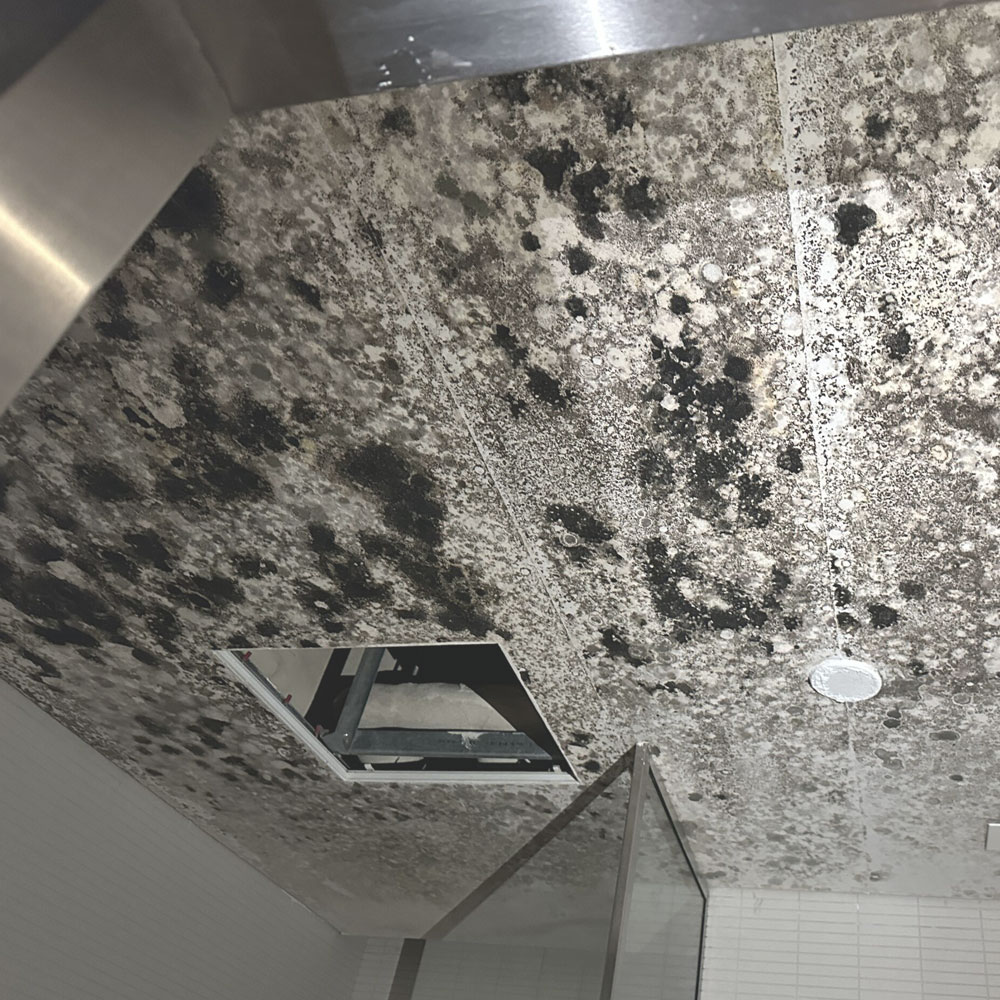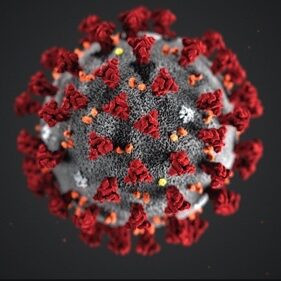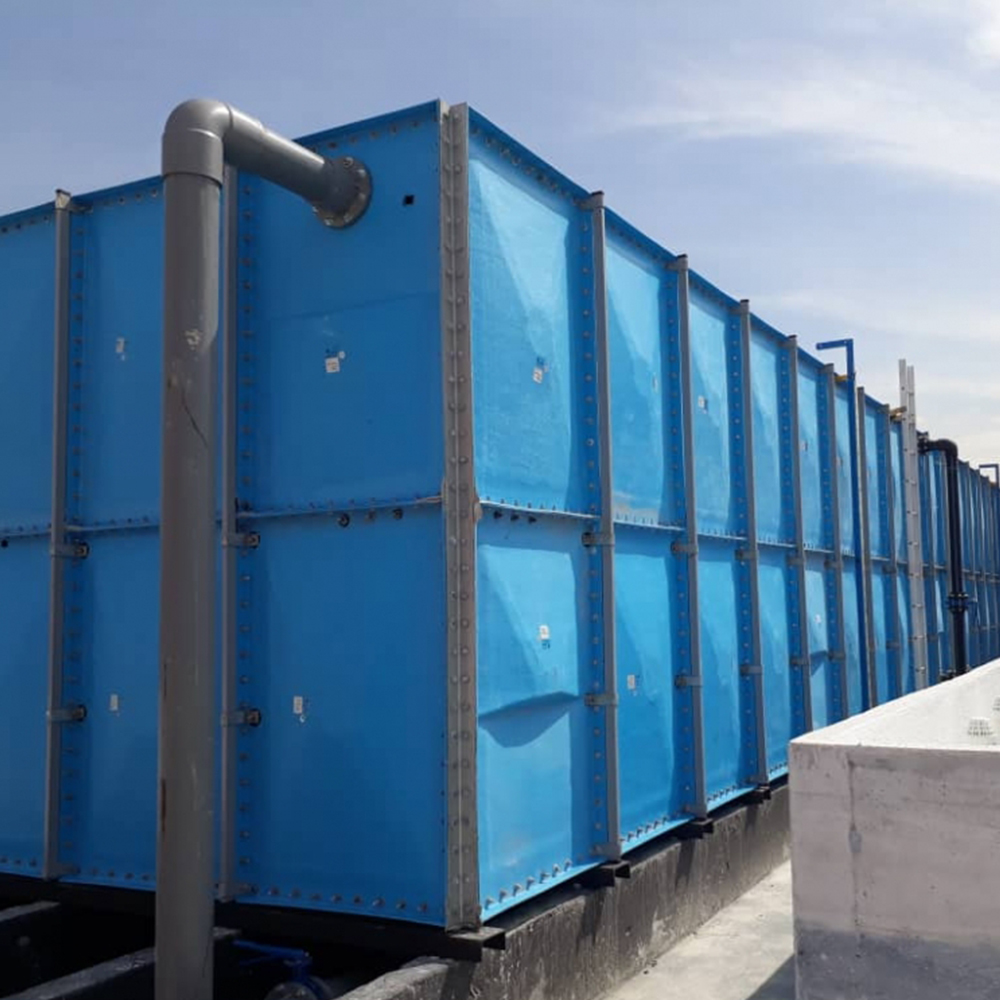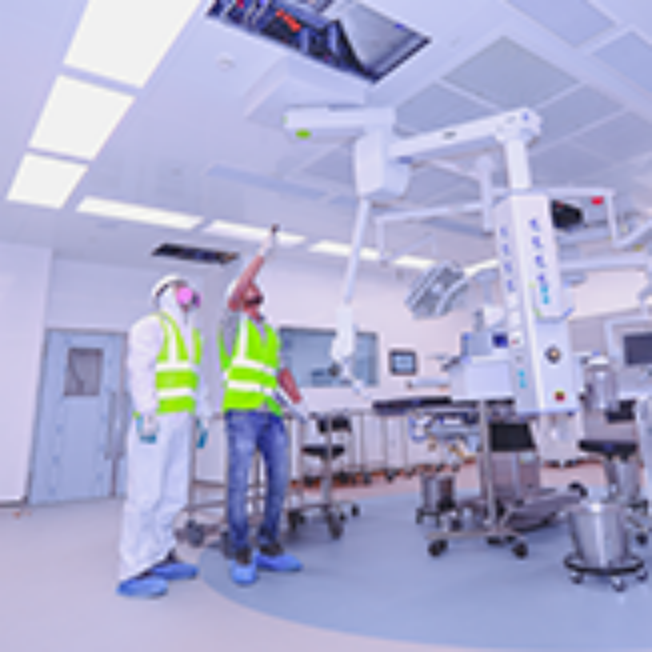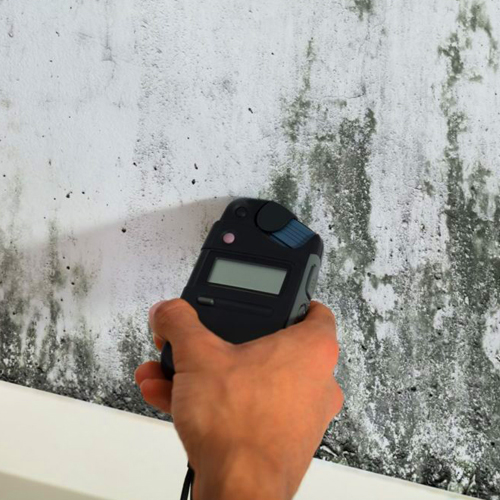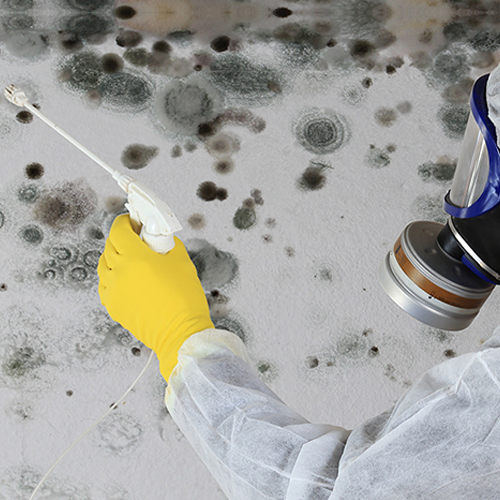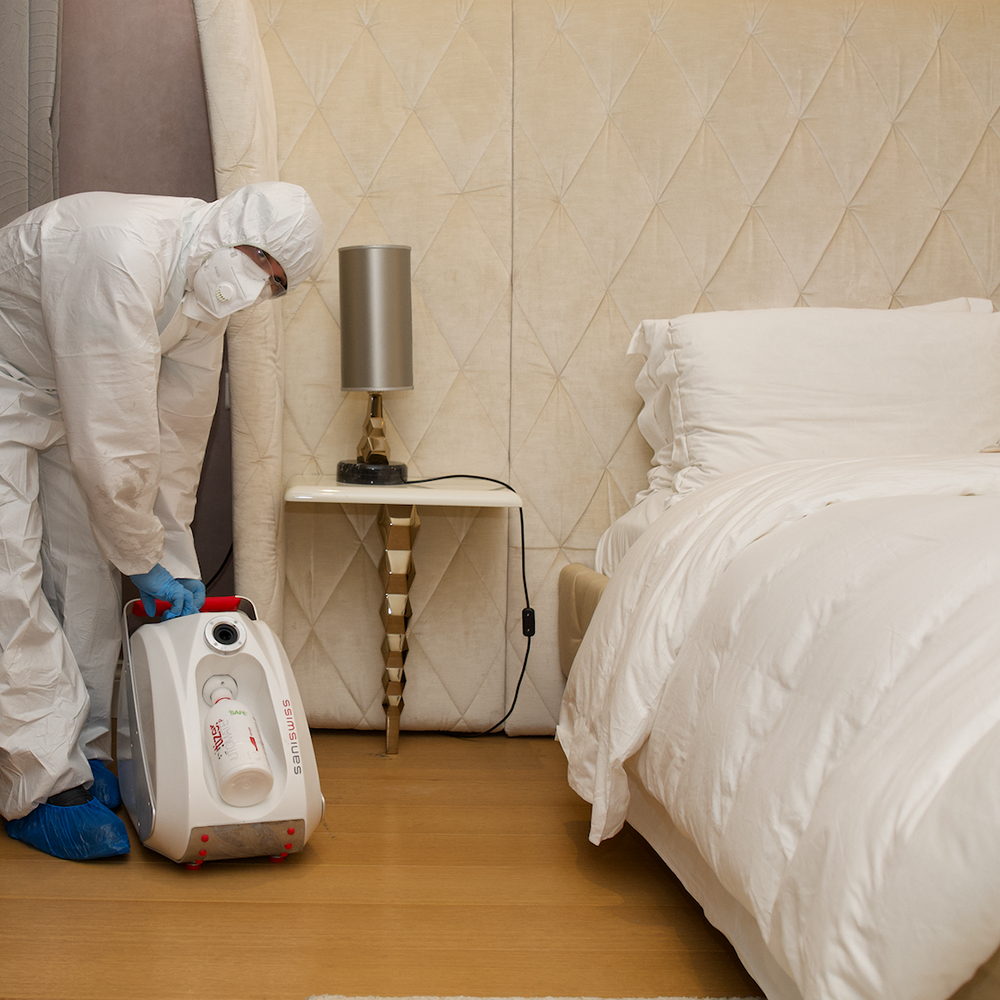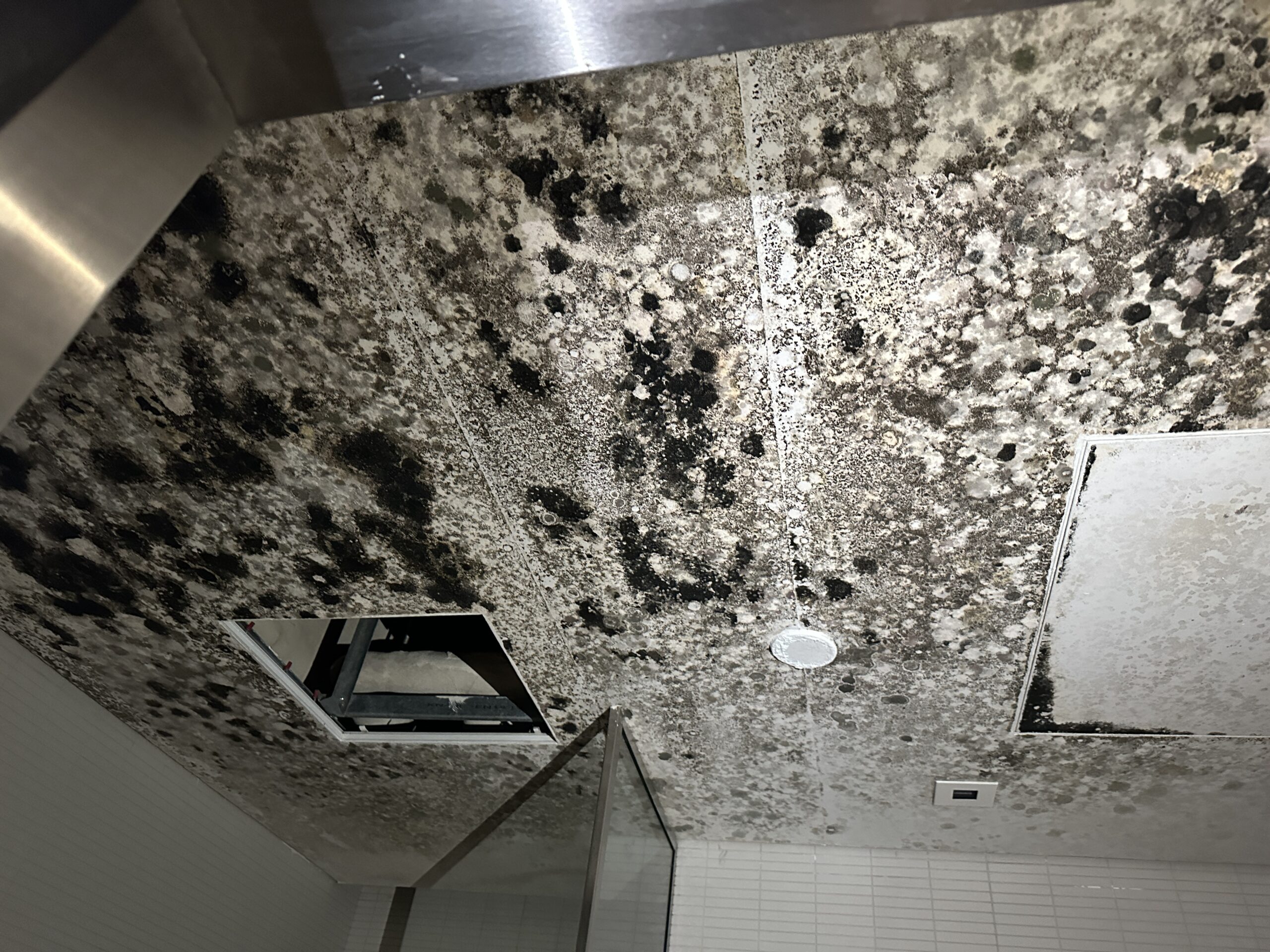
OVERVIEW
Mold, a ubiquitous presence, thrives in moist, nutrient-rich settings with each species favoring specific conditions, predominantly damp and warm. Mold detection isn’t limited to sight; it often manifests through distinctive odors from volatile organic compounds produced by active fungi and bacteria. Indoor mold correlates with respiratory issues, including asthma and emphysema.
At Elite Innovations, our skilled technicians employ comprehensive remediation strategies, including advanced cleaning methods, sanitizers, and engineering controls, to eradicate mold, hinder cross-contamination, and protect the health of all occupants and workers.

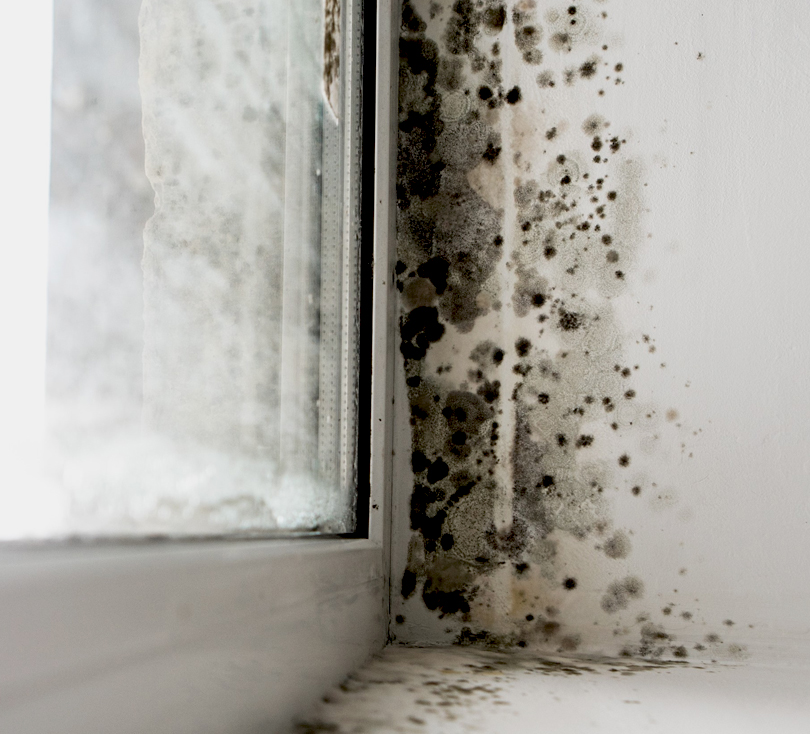
THE IMPORTANCE OF MOLD REMEDIATION
Optimal mold remediation is crucial because untreated mold can cause allergic reactions mirroring those of other allergies, including sneezing, itching, runny nose, and skin irritation. Outdoors, mold allergies are common in warmer seasons or throughout the year in certain climates.
A thorough mold inspection is essential to determine the source of spores, which often stem from AC leaks or prolonged periods without AC duct cleaning. Identifying the cause is a critical step before implementing effective mold removal treatments to ensure a healthy indoor environment. Elite Innovations provides expert inspection and remediation to address and resolve mold issues effectively.
HOW WE PERFORM MOLD REMEDIATION EFFICIENTLY
-
Once the mold
source & root
cause is
identified: -
We scrape the
areas where
the mold
has spread -
We apply an
eco-friendly
solution & let
it dry for a
few days -
We repaint &
close the
treated area








Reviews


BENEFITS OF MOLD REMEDIATION
-

REDUCED ALLERGY SYMPTOMS
-

DECREASED ASTHMA RISKS
-

ENHANCED IMMUNE HEALTH
-

LOWER INFECTION RATES
FAQS
Cleaning HVAC systems enhances indoor air quality, reducing allergens and respiratory irritants to support overall health and well-being.
Residential HVAC systems should be cleaned every 1-5 years, depending on usage, allergies in residents, and presence of pets.
HVAC system cleaning can reduce allergens and pollutants, improving respiratory health and overall air quality in your home.
Antimicrobial chemicals are used in HVAC systems to inhibit the growth of bacteria, mold, and mildew, improving air quality and system efficiency.
Residential HVAC systems should generally be cleaned every 2 to 5 years to maintain air quality and system efficiency.

